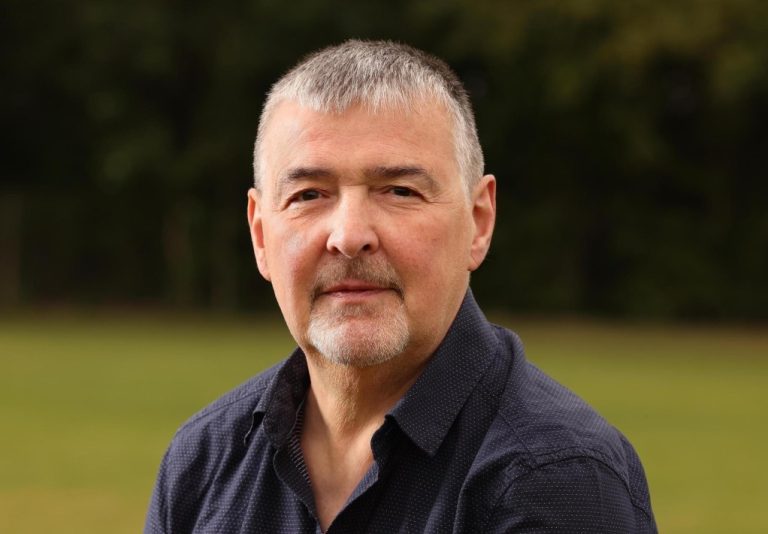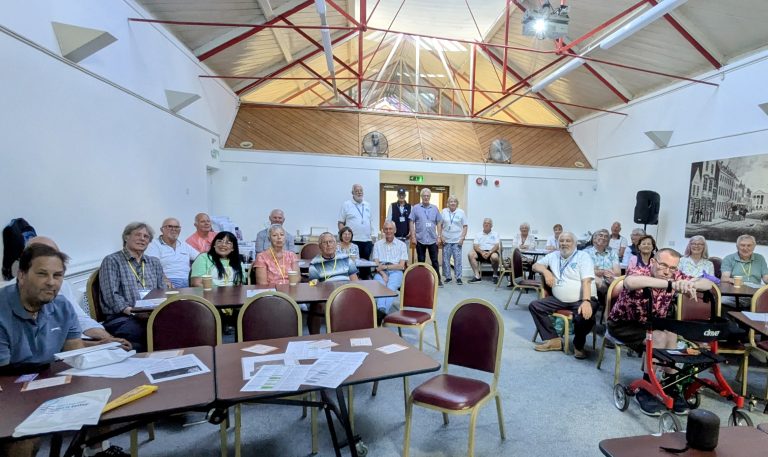The phase III PREVAIL trial of enzalutamide (Xtandi), in men with advanced prostate cancer who have not had chemotherapy, has been stopped early after meeting its co-primary endpoints of overall survival and radiographic progression-free survival.
The recommendation to stop the trial and allow participants in the placebo arm be offered enzalutamide was based on positive findings in a preplanned interim analysis. Specific findings were:
- a statistically significant overall survival benefit compared with placebo treatment. Enzalutamide reduced the risk of death by 29%, compared with placebo;
- a statistically significant reduction in risk of radiographic progression or death by 81%;
- men taking enzalutamide experienced a 17-month increase in the time to initiation of chemotherapy compared with men taking placebo (28.0 months versus 10.8 months);
- enzalutamide extended the median time to PSA progression from 2.8 months (placebo) to 11.2 months;
- nearly 4 out of 5 patients in the enzalutamide group experienced a PSA decline of 50% or more, compared to less than 4% in the placebo group
Dr Heather Payne, Consultant in Clinical Oncology at University College Hospital, London comments: “The results of the PREVAIL study are very exciting and represent a significant milestone for the future treatment of men with advanced prostate cancer in the UK. Enzalutamide not only significantly improves survival in these men, but can also potentially offer the opportunity to delay the need for chemotherapy by over 17 months. These results further reinforce the role of enzalutamide as an important new option in the treatment of prostate cancer.”
The manufacturers now plan to seek the necessary European regulatory approval for this expanded use of enzalutamide. Then it will be up to NICE. Don’t hold yopur breath; it’s approval for general NHS use is probably 18 months away.
We say: “We are delighted (but not surprised) by these results. They demonstrate something that we have long believed, namely that these new therapies are even more effective when used as soon as a man’s cancer develops to the “hormone-relapsed” stage, and before he is half-killed by chemotherapy.
In the light of NICE’s recent cruel decision, based on no evidence, to deny Enzalutamide to men who have had Abiraterone, this announcement could not have come at a better time. We urgently call for NICE to review their position on this drug, in both its pre- and post-chemo roles.”



